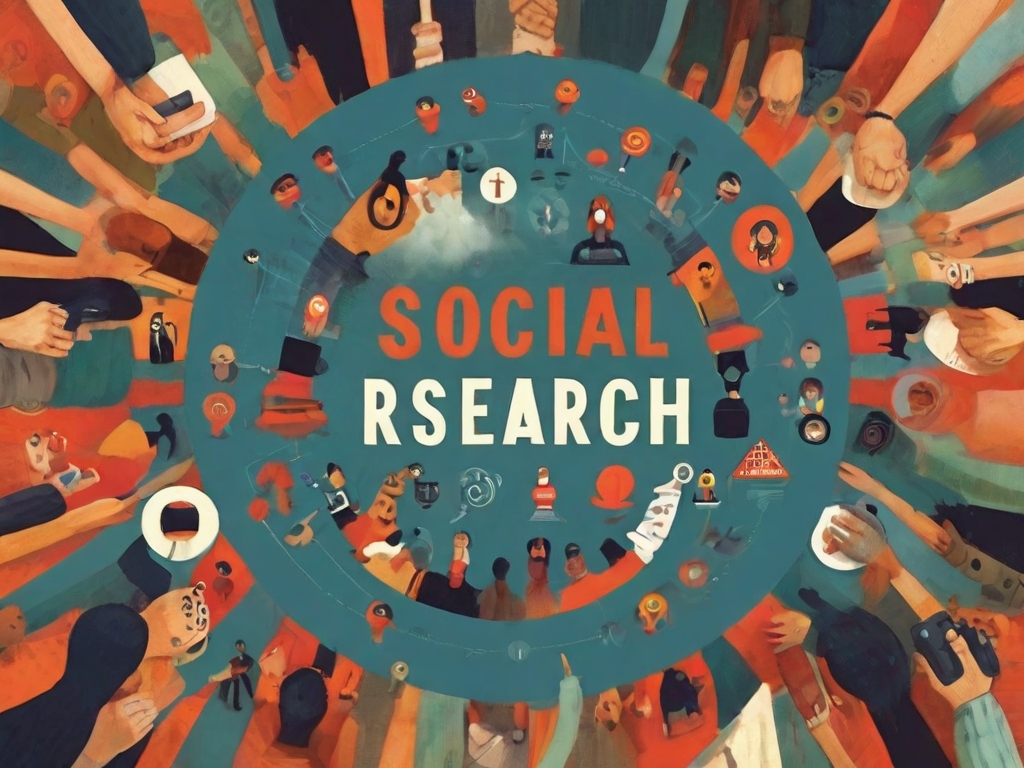The landscape of social research is undergoing a profound transformation with the advent of large language models of artificial intelligence (AI). These AI systems, powered by generative models like ChatGPT and Google’s Gemini, hold the promise of revolutionizing how we understand the thoughts, opinions, and motivations of individuals and societies. With the ability to engage in human-like conversations and analyze vast amounts of data, AI is poised to bridge the gap between quantitative and qualitative research methods.
Traditional social research has long grappled with two fundamental questions: what and why? While quantitative methods like polls provide insights into the “what,” understanding the “why” often requires qualitative approaches such as interviews and focus groups. However, these methods have been limited by their time-consuming nature and small sample sizes. AI is changing this paradigm by offering a scalable solution that combines the depth of qualitative research with the breadth of quantitative analysis.
The integration of AI into social research is exemplified by its ability to conduct interactive dialogues akin to a qualitative interview. These AI systems can dynamically generate questions, probe motivations, and adapt based on respondents’ answers. This approach not only allows for deeper insights into individuals’ attitudes and behaviors but also enables researchers to engage with a much larger and more diverse population.
Case study for an experiment in the US
A recent experiment conducted by Scandinavian researchers exemplifies the potential of AI in social research. Focusing on the question of why some Americans do not invest in the stock market, the researchers employed AI to design and deliver interviews to nearly 400 participants. The AI-led process, characterized by its ability to evolve questions based on dialogue and analyze responses in real time, yielded results comparable to traditional face-to-face interviews. Moreover, the vast majority of respondents reported a positive experience, highlighting the acceptability and efficacy of AI-driven research methodologies.
The utilization of AI in social research offers numerous benefits, including increased efficiency, scalability, and depth of analysis. By automating the interview process and analyzing large volumes of data, AI enables researchers to gain insights that were previously unattainable. However, concerns regarding biases in AI programming and accessibility for certain demographics must be addressed. Despite these challenges, the potential for AI to revolutionize social science research is undeniable.
As AI continues to evolve, it holds immense promise for transforming social research in unprecedented ways. By combining the strengths of qualitative and quantitative methods, AI-driven approaches offer a new frontier for understanding human behavior and societal dynamics. While challenges remain, the potential benefits far outweigh the risks, marking the dawn of a new era in social science research.
AI-driven social research represents a paradigm shift in the field, offering unprecedented insights into human behavior and societal trends. With its ability to conduct interactive dialogues and analyze vast amounts of data, AI promises to revolutionize how we understand and address complex social issues.
